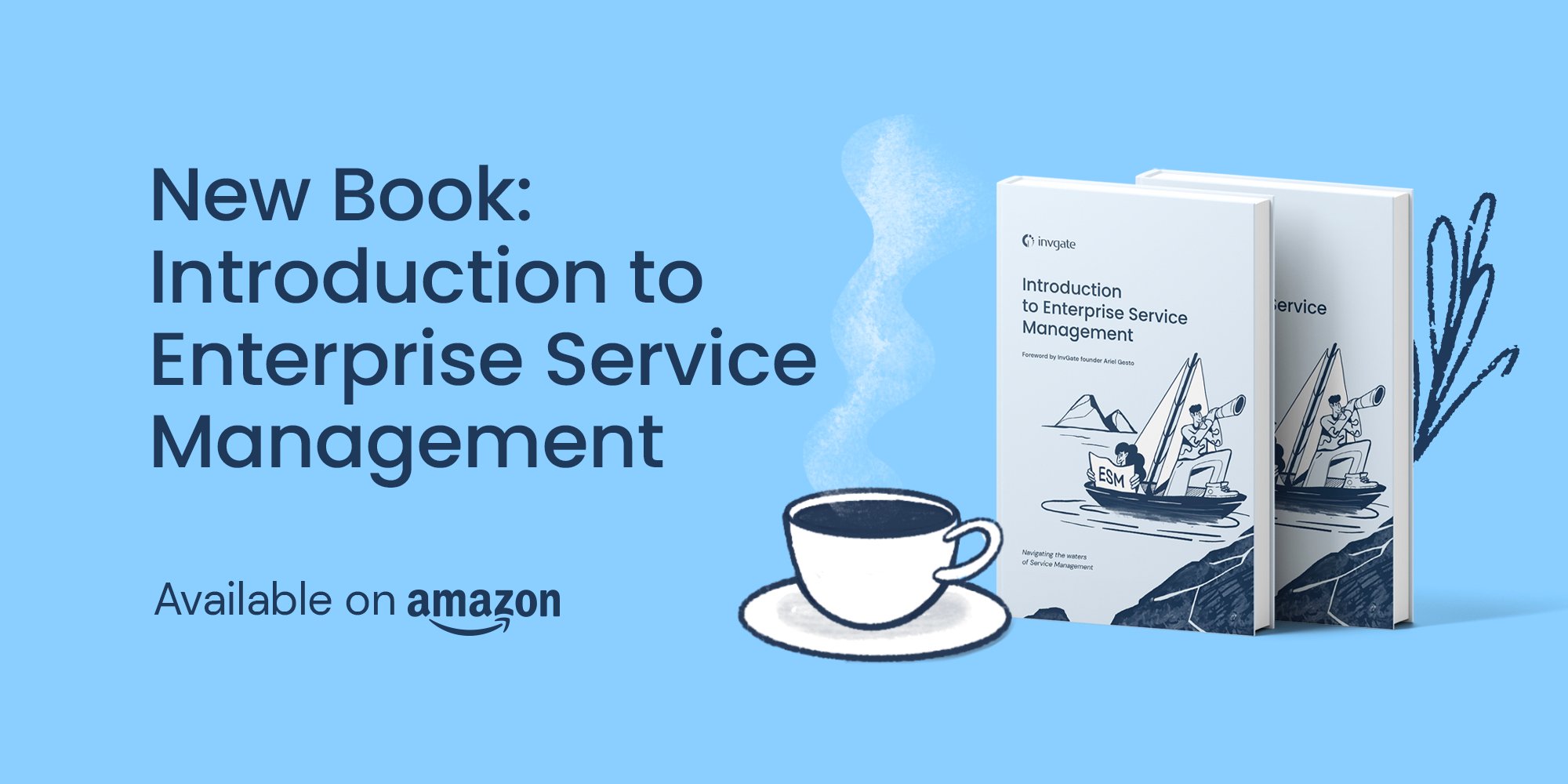Change Management is a crucial aspect of any successful organization. Navigating transitions, whether they involve technology, processes, or people, requires a solid understanding of Change Management principles. One of the best ways to gain this understanding is through Change Management books.
These books offer invaluable insights, practical tools, and real-world examples that can help project leaders, change managers, and organizational leaders effectively manage change. In this article, we’ll dive into the top 10 must-read Change Management books that will equip you with the knowledge and skills to lead change in your organization.
Let's go!

Top Change Management books of all time: Our top 3 selections
When it comes to Change Management, certain books stand out for their timeless wisdom and practical applications. These selected books not only offer strategies to navigate change but also provide the leadership insight needed to inspire teams and drive sustainable transformations.
Our top three picks from the list excel in delivering actionable guidance while resonating with professionals across industries. They are considered must-reads for those looking to deepen their understanding of managing change effectively.
Here’s our selection of the best Change Management books.
1. "Leading Change," by John P. Kotter
Kotter’s "Leading Change" is considered the bible of Change Management. Readers will gain a clear, structured eight-step process that leaders can use to create lasting organizational change.
From establishing a sense of urgency to anchoring new approaches in the corporate culture, the book breaks down the complex process into manageable steps. It’s perfect for professionals who want actionable guidance and are looking to avoid the common pitfalls that derail change initiatives.
2. "Switch: How to Change Things When Change is Hard," by Chip Heath and Dan Heath
The Heath brothers' approach Change Management with a focus on the human side of transitions. This book helps readers understand how to balance rational and emotional drivers to successfully implement change.
By learning how to motivate people, even in tough situations, readers will be equipped with tools to overcome resistance and guide teams toward positive outcomes. The storytelling and case studies in Switch also make it highly engaging and applicable across industries.
3. "The Heart of Change," by John P. Kotter and Dan S. Cohen
If "Leading Change" outlines the steps, "The Heart of Change" explains the emotional dynamics that drive them. This book shows readers how to address the often-overlooked human element of change by fostering trust, openness, and collaboration.
Readers will benefit from real-world examples that illustrate how to engage people’s emotions during transitions, making it ideal for leaders who need to inspire and mobilize their teams for successful transformation.

What to look for in a Change Management book?
When selecting Change Management books, it's important to look for those that offer a balance of theory and practice. Books that provide actionable strategies, case studies, and real-world examples are particularly valuable. Look for works by well-respected authors in the field of Change Management, as well as those that have stood the test of time.
Additionally, consider the following factors:
-
Relevance: Ensure the book covers topics relevant to your specific Change Management needs.
-
Accessibility: The book should be easy to understand and navigate, with clear language and practical guidance.
-
Comprehensive coverage: Look for books that cover a wide range of Change Management topics, from leadership and coaching to process and organizational change.

What is Change Management?
Change Management is a structured approach to transitioning individuals, teams, and organizations from a current state to a desired future state. It involves preparing, supporting, and helping individuals make successful personal transitions.
Its goal is to ensure that changes are implemented smoothly and effectively to achieve lasting benefits. This includes managing the human aspects of change to minimize resistance and maximize engagement.
Understanding Change Management is essential for any organization looking to stay competitive and relevant in today's fast-paced business environment.
Whether it's adopting new technology, restructuring teams, or implementing new processes, effective Change Management ensures that these transitions are successful and sustainable.

8 best books on Change Management
Here are ten must-read Change Management books that meet the criteria we already established.
1) "Leading Change," by John Kotter
John Kotter’s "Leading Change" is a seminal work in the field of Change Management. Released in 1996, this book outlines an eight-step process for leading change in an organization. Kotter emphasizes the importance of creating a sense of urgency, building a guiding coalition, and communicating a vision for change. His approach is practical, and his insights are drawn from years of research and real-world experience.
Key takeaways:
-
The importance of a clear and compelling vision.
-
Strategies for overcoming resistance to change.
-
The role of leadership in driving successful change.
2) "Managing Transitions," by William Bridges
First published in 1991, William Bridges' "Managing Transitions" offers a unique perspective on Change Management by focusing on the psychological transitions people experience during change. Bridges introduces a three-phase model: Ending, Losing, and Letting Go; The Neutral Zone; and The New Beginning. This book is a valuable resource for understanding the human side of change and provides practical tools for helping individuals navigate transitions.
Key takeaways:
-
The significance of addressing the emotional impact of change.
-
Strategies for guiding people through the transitional phases.
-
Practical tools for managing the human side of change.

3) "Switch: How to Change Things When Change Is Hard," by Chip Heath and Dan Heath
"Switch," published in 2010, explores how to make change happen despite resistance. Chip and Dan Heath use compelling stories and research to illustrate how small adjustments can lead to significant changes. They introduce the Rider and Elephant analogy to explain the rational and emotional aspects of change. This book is both engaging and insightful, making complex concepts accessible.
Key takeaways:
-
The interplay between rational and emotional factors in change.
-
Techniques for motivating and directing change.
-
The importance of small wins in driving large-scale change.
4) "The Heart of Change," by John Kotter and Dan Cohen
In "The Heart of Change," John Kotter teams up with Dan Cohen to provide a follow-up to "Leading Change." Published in 2002, this book focuses on the emotional and behavioral aspects of change. Using real-life case studies, Kotter and Cohen demonstrate how to apply the eight-step process from "Leading Change" to achieve successful transformations. The book is rich with practical examples and actionable advice.
Key takeaways:
-
The critical role of emotions in driving change.
-
Case studies that illustrate successful change initiatives.
-
Practical tips for engaging and motivating employees.

5) "Organizational Change," by Barbara Senior and Stephen Swailes
Barbara Senior and Stephen Swailes' "Organizational Change" provides a comprehensive overview of Change Management theories and practices. First published in 1997, the book covers a wide range of topics, including leadership, culture, and strategy. It's an excellent resource for both students and practitioners, offering theoretical insights as well as practical applications.
Key takeaways:
-
An in-depth understanding of Change Management theories.
-
The impact of organizational culture on change initiatives.
-
Strategies for aligning change with organizational strategy.
6) "Making Sense of Change Management," by Esther Cameron and Mike Green
"Making Sense of Change Management," first published in 2004, is a practical guide to Change Management for leaders and managers. Esther Cameron and Mike Green cover a broad range of topics, from individual change to organizational transformation. The book includes case studies, tools, and techniques that can be applied in various change scenarios.
Key takeaways:
-
The importance of understanding different perspectives on change.
-
Tools and techniques for managing change at different levels.
-
Practical advice for leading and managing change initiatives.

5) "The Change Management Pocket Guide," by Kate Nelson and Stacy Aaron
Published in 2003, "The Change Management Pocket Guide" is a concise and practical resource for change managers. Kate Nelson and Stacy Aaron provide a step-by-step approach to managing change, with tools and templates that can be easily applied in real-world situations. The book is designed to be a quick reference guide, making it ideal for busy professionals.
Key Takeaways:
-
A step-by-step approach to Change Management.
-
Practical tools and templates for managing change.
-
Tips for overcoming common Change Management challenges.
6) "The Change Monster," by Jeanie Daniel Duck
Jeanie Daniel Duck’s "The Change Monster," published in 2001, explores the emotional and psychological aspects of change. Duck uses the metaphor of a "change monster" to describe the challenges and complexities of organizational change. The book provides practical strategies for taming the change monster and leading successful change initiatives.
Key takeaways:
-
The emotional and psychological challenges of change.
-
Strategies for addressing resistance and building support.
-
Practical advice for leading and managing change.
7) "Change Management: The People Side of Change," by Jeffrey Hiatt and Timothy Creasey
Jeffrey Hiatt and Timothy Creasey’s "Change Management: The People Side of Change," published in 2003, focuses on the human aspects of Change Management. The book introduces the ADKAR model, which outlines five key building blocks for successful change: Awareness, Desire, Knowledge, Ability, and Reinforcement. This model is widely used and provides a practical framework for managing change.
Key takeaways:
-
The ADKAR model for managing change.
-
Strategies for building awareness and desire for change.
-
Practical tools for reinforcing and sustaining change.
8) "The Innovator's Dilemma," by Clayton Christensen
Although not exclusively about Change Management, Clayton Christensen’s "The Innovator’s Dilemma," published in 1997, is a must-read for anyone involved in managing change.
The book explores how disruptive innovations can displace established companies and offers insights into why successful companies often fail to innovate. Christensen's work is highly influential and provides valuable lessons for managing change in a rapidly evolving business environment.
Key takeaways:
-
The concept of disruptive innovation.
-
Lessons for managing change in established organizations.
-
Strategies for fostering innovation and staying competitive.
Final thoughts
The journey through Change Management can be complex and challenging, but the right resources can make all the difference. These ten Change Management books provide a wealth of knowledge, practical strategies, and real-world examples to help you navigate the complexities of change.
Whether you are a project leader, change manager, or organizational leader, these books will equip you with the tools and insights you need to lead successful change initiatives. Embrace the wisdom these authors offer, and you'll be well on your way to mastering the art of Change Management.
Frequently Asked Questions
1. What is the best Change Management book for beginners?
"Leading Change" by John Kotter is highly recommended for beginners. It provides a clear and practical eight-step process for managing change, making it accessible and easy to understand.
2. Why is Change Management important?
Change Management is essential because it helps organizations transition smoothly and effectively, minimizing resistance and maximizing engagement. It ensures that changes are sustainable and deliver lasting benefits.
3. How can I apply the concepts from Change Management books in my organization?
Start by understanding the specific needs of your organization and selecting the most relevant concepts from the books. Use the provided tools and strategies to develop a Change Management plan, communicate the vision, and engage stakeholders throughout the process.
4. What are some common challenges in Change Management?
Common challenges include resistance to change, lack of leadership support, inadequate communication, and insufficient resources. Effective Change Management involves addressing these challenges through clear communication, strong leadership, and comprehensive planning.
5. What are the top Change Management books?
The best three Change Management books are "Leading Change" by John P. Kotter, "Switch: How to Change Things When Change is Hard" by Chip Heath and Dan Heath and "The Heart of Change" by John P. Kotter and Dan S. Cohen.














.jpg?upsize=true&upscale=true&width=780&height=205&name=how-to-create-a-service-level-agreement%20(1).jpg)
